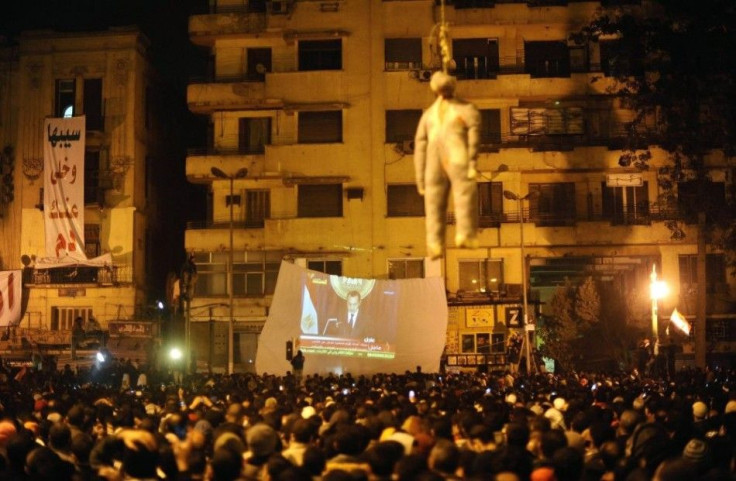Crisis costing Egyptian economy at least $310-mln per day

Credit Agricole bank estimates that the ongoing political crisis in Egypt is costing the country’s economy at least $310-million per day, according to a report.
Egypt’s banks and stock exchange have been closed for days, and many factories in the major cities have shut down completely. Furthermore, the country’s key tourist business will be severely hurt by the unrest (the tourist season normally lasts until May).
Tourism accounted for 6 percent of Egyptian GDP last year, but could “easily retreat” to pre-2004 levels of under 5.6 billion dollars, the bank said, adding that the shortfall in tourism receipts will have to be addressed by additional budgetary support.
The Suez Canal trade link, which generated revenues of $4.770-billion last year, remains open, however Denmark's AP Moller-Maersk, the world's biggest shipping group, has closed some facilities, including a canal terminal.
In addition, French building materials group Lafarge has closed some plants in the country.
Economists at Credit Agricole have downwardly revised down their GDP estimate for Egypt this year from to 3.7 percent from 5.3 percent. (from 4.7 percent in 2009).
The country’s currency, the pound, might see its value shrink by up to 20 percent.
All told, Egypt’s economy has lost a minimum of 3.1-billion dollars since the crisis erupted.
And things are likely to get even worse, given the monumental problems and restless population the next regime will inherit.
The economy is at the heart of Egypt's problems, said John Sfakianakis, chief economist at the Riyadh-based Banque Saudi Fransi-Credit Agricole Group, said in the report.
© Copyright IBTimes 2024. All rights reserved.











